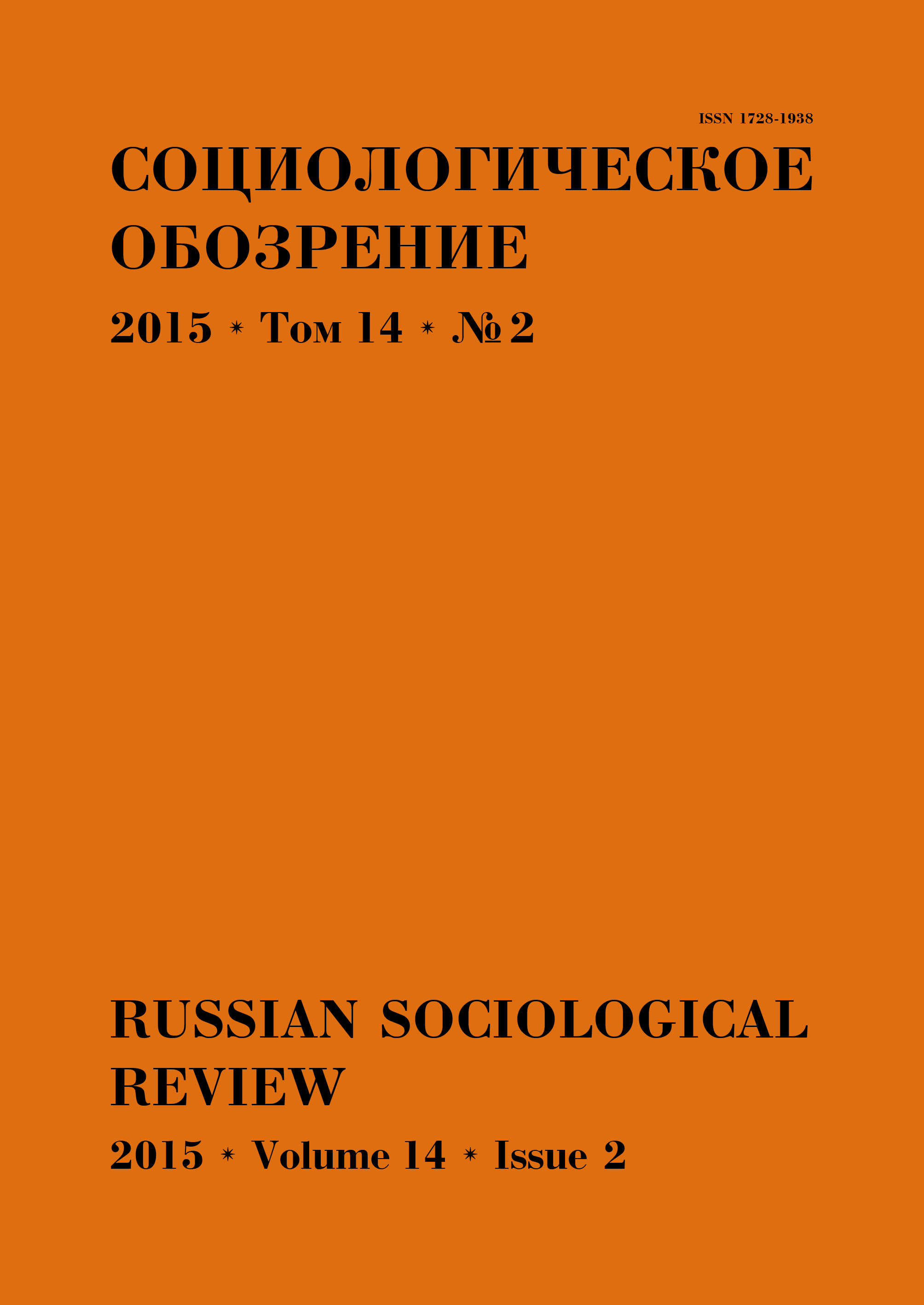Lectures on Political Right, Delivered at the Ateneo of Madrid. Lecture 1 (November 22, 1836): On Society and Government
Keywords:
freedom, individual, representative government, association, intellect, Juan Donoso Cortés
Abstract
In the first “Lecture on Political Right,” which was delivered in Ateneo of Madrid in November 22, 1836, Juan Donoso Cortés formulates “general theory of government” and “special mission of representative government.” Defining government as “social action,” Donoso inextricably binds “the idea of society” and “the idea of government.” Considering society as a collection of individuals linked by certain relationships, Donoso formulates two opposite in its effect laws: “the law of the individual,” which determines the independence and freedom of the person, and “the law of association,” associated with subordination and aimed at achieving social harmony. Person’s ability to associate with other people makes him intellectual and free. An intellect as the harmonious principle creates a society; a freedom as the anti-social principle breaks down the society; hence, the government arises by the need to resist the freedom. And the most important idea of the lecture: “For the government to act means to resist”; to resist “the invasion of the human personality,” but, following ethics and “the rule of justice,” in any case not to suppress it completely. Demonstrating the liberal-conservative character of his political ideas, views and values, Donoso encourages young Spanish constitutional monarchy, which just begins to create the foundations of representative democracy, to conserve society and human freedom, to provide their “fruitful unity.”Downloads
Published
2015-06-30
How to Cite
Доносо КортесХ., ВасиленкоЮ., & МарейА. (2015). Lectures on Political Right, Delivered at the Ateneo of Madrid. Lecture 1 (November 22, 1836): On Society and Government. Russian Sociological Review, 14(2), 31-40. Retrieved from https://cfjournal.hse.ru/index.php/sociologica/article/view/74
Issue
Section
Political Philosophy




